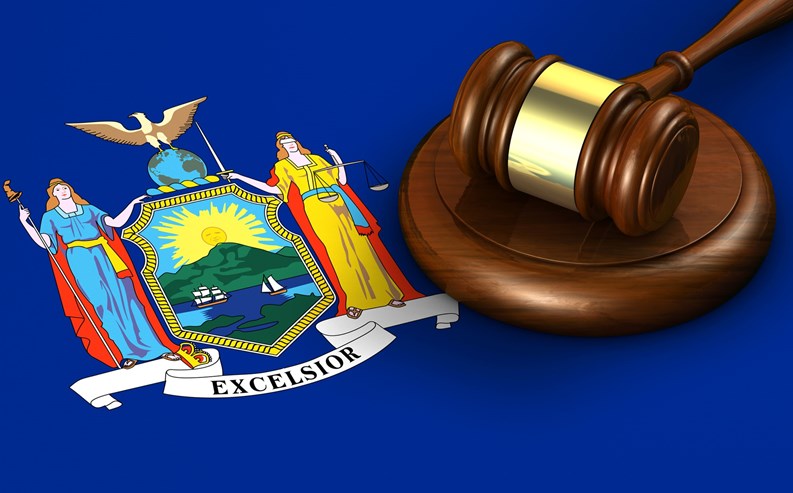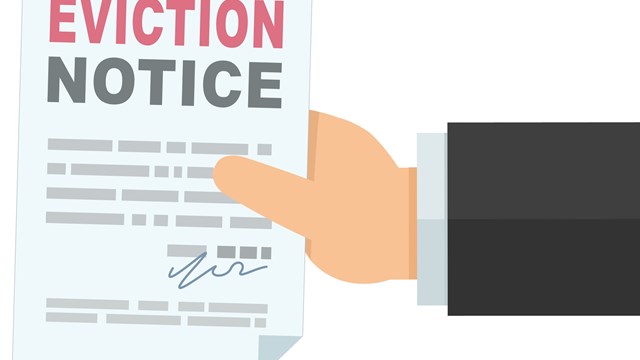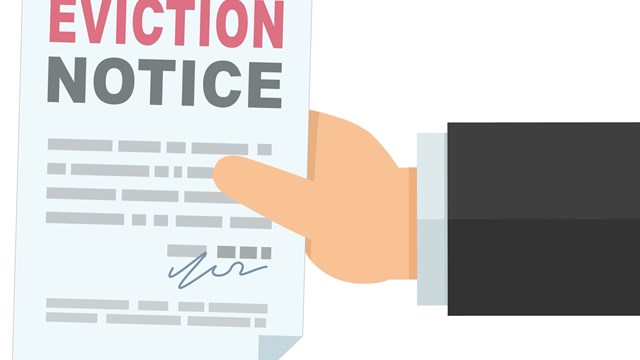Back in 2019, the New York State Legislature enacted the Housing Stability and Tenant Protection Act (HSTPA) to prevent landlords from exploiting a tight housing market by harassing and evicting rental tenants under dubious circumstances. The law had overreaching effects on the co-op and condominium sector - particularly on co-ops, as they are generally regulated under the same laws as rental units. A little over two years later, changes were made to the HSTPA to correct this unintended overreach. Legislators certainly should have known that the bill would affect owned apartments and provided for cut-outs to the law when it was written and passed, but better late than never.
A Little History
“In 2019,” says Mark Hakim, an attorney with Schwartz Sladkus Reich Greenberg & Atlas based in Manhattan, “New York State passed HSTPA, which was intended to provide protection to rental tenants by adding additional restrictions and notice requirements and limiting the monetary and legal actions landlords can take against tenants. Co-op corporations provide their shareholders with apartments through proprietary leases, similar in concept to a rental building. Unfortunately, HSTPA did not exempt cooperative corporations, which are not intended to generate a profit and are owned and managed by shareholders. Thus many of the provisions intended to protect tenants in rental buildings ended up adversely affecting cooperative corporations - including limiting security deposits to one month, limiting prepayment of maintenance, capping late fees and other fees charged to shareholders and prospective shareholders, and limiting how default notices may be sent.”
Errors & Corrections
Unfortunately, Hakim continues, many of those provisions ended up having adverse effects for co-ops. “Cooperative corporations, for example, often require a maintenance escrow for prospective purchasers who may have been less financially qualified than the building would ordinarily permit,” he says. “And that would constitute a security deposit, which under HSTPA, cooperative corporations could no longer require. As is the law of unintended consequence, boards rejected these purchasers. The law actually hurt, rather than helped in these circumstances.”
Fortunately, says Hal Coopersmith, an attorney based in New York City and a partner at the law firm of Coopersmith & Coopersmith, “Many issues with the HSTPA affecting co-ops were addressed by S5105(c), which was passed December 23, 2021, and allows co-ops to collect deposits in excess of one month's rent. It also allows for a late fee of up to 8% of the monthly maintenance, and provides an exception to the $20 cap on credit check fees for new applications. However, anytime a unit owner leases their apartment, they are still subject to the HSTPA. This remains a continuing issue, because we’ve found that co-op and condo boards haven't found a good way to ensure that owners comply.”
Co-ops vs. Condos
The differences between condo and co-op ownership make co-ops more vulnerable to the reach of the HSTPA, though as just mentioned, that reach does extend to condominiums when owners rent out their units.
“Co-ops are naturally more affected by the HSTPA than condominiums,” says Coopersmith. “And without an exclusion, co-ops will be affected by any rental laws because of the landlord/tenant type relationship between the corporation and the proprietary lessee. With that said, any unit owner who rents out their apartment, whether in a condo or a co-op, is affected by the tenant protection laws. We’ve found that co-op and condo owners don't know all their obligations under the HSPTA because they are not ‘professional’ landlords and don't have the same resources at their disposal. An owner who is unaware of their obligations under the HSTPA, will often be surprised that they’re unable to retain a security deposit for damages, increase the rent by a desired amount, or that their tenant can legally refuse to leave the premises at the expiration of the term of the lease - which in co-ops and condos can subject the owner to penalties.”
“Previously, cooperative corporations were more adversely affected by HSTPA than were similarly situated condominiums,” says Hakim. “Unit owners in condominiums own their units outright - thus the general inapplicability of the HSTPA to condominium boards. However, like shareholders of a co-op subletting their apartments, individual condominium unit owners leasing their units are still generally subject to the provisions of HSTPA.”
As burdensome as the HSTPA is, notes Coopersmith, “I believe it is a new reality going forward. There may be further modifications to the law, particularly with respect to rent stabilized units, but it would seem that a lot of the reforms are here to stay.” Stay tuned.










Comments
Leave a Comment